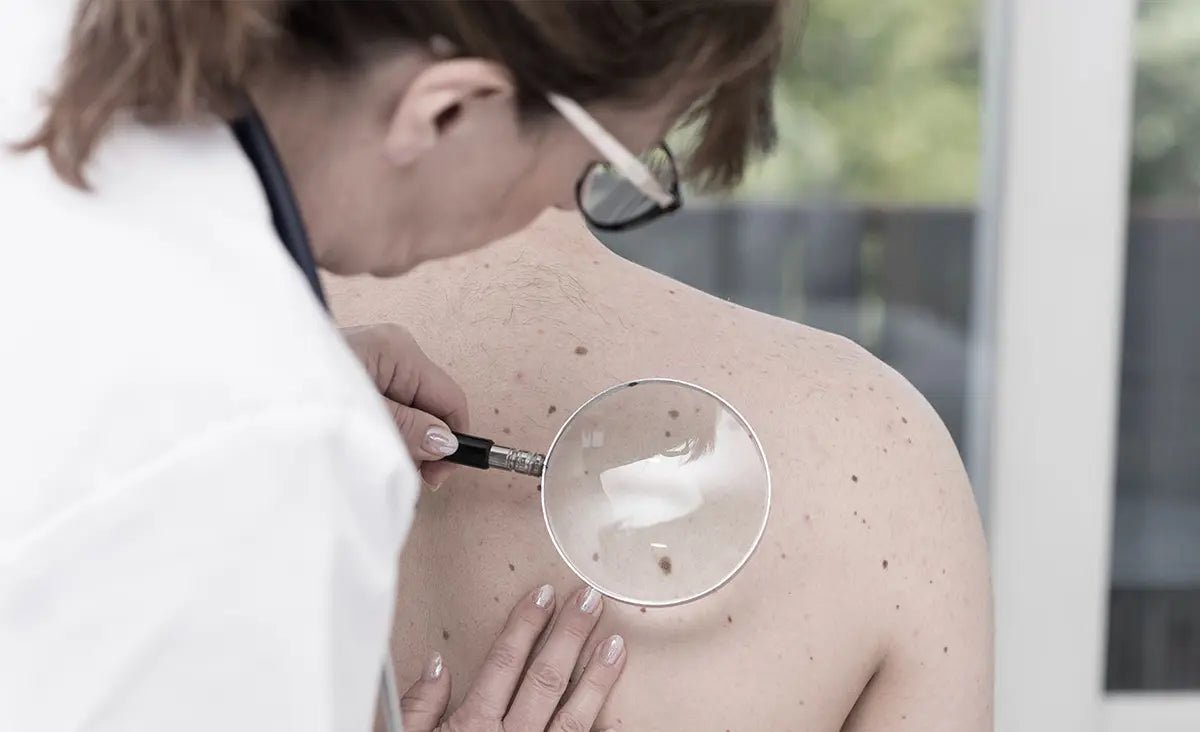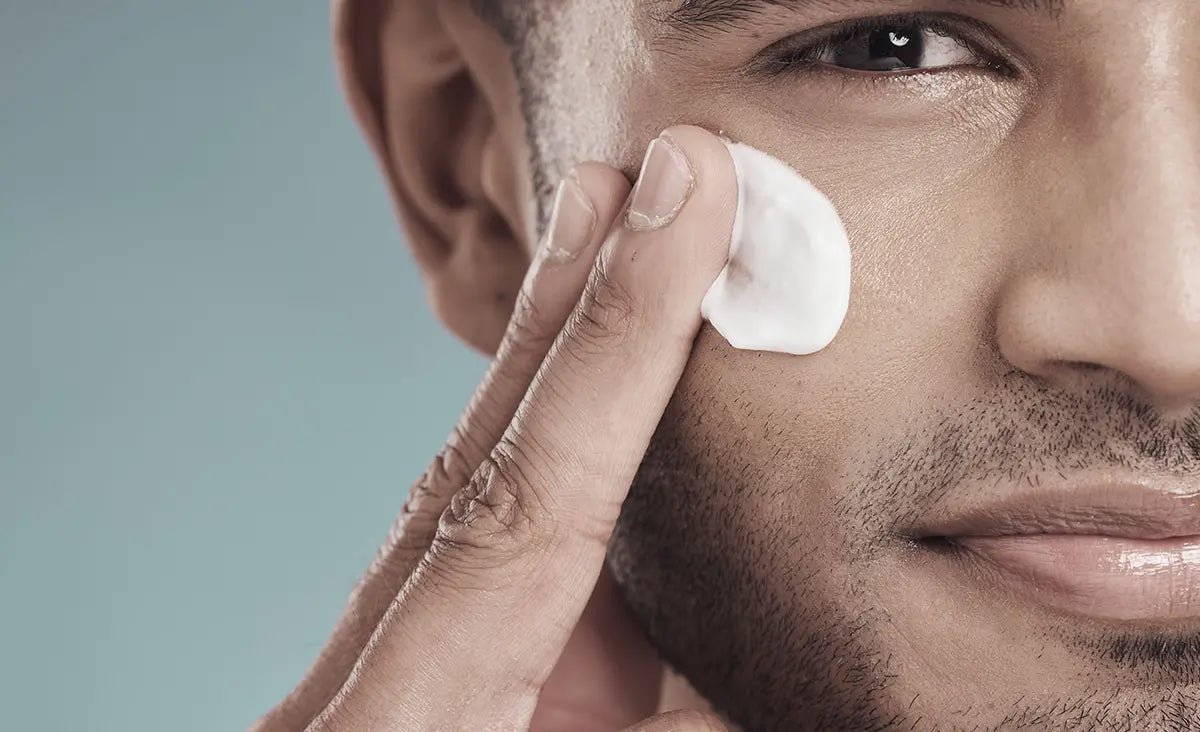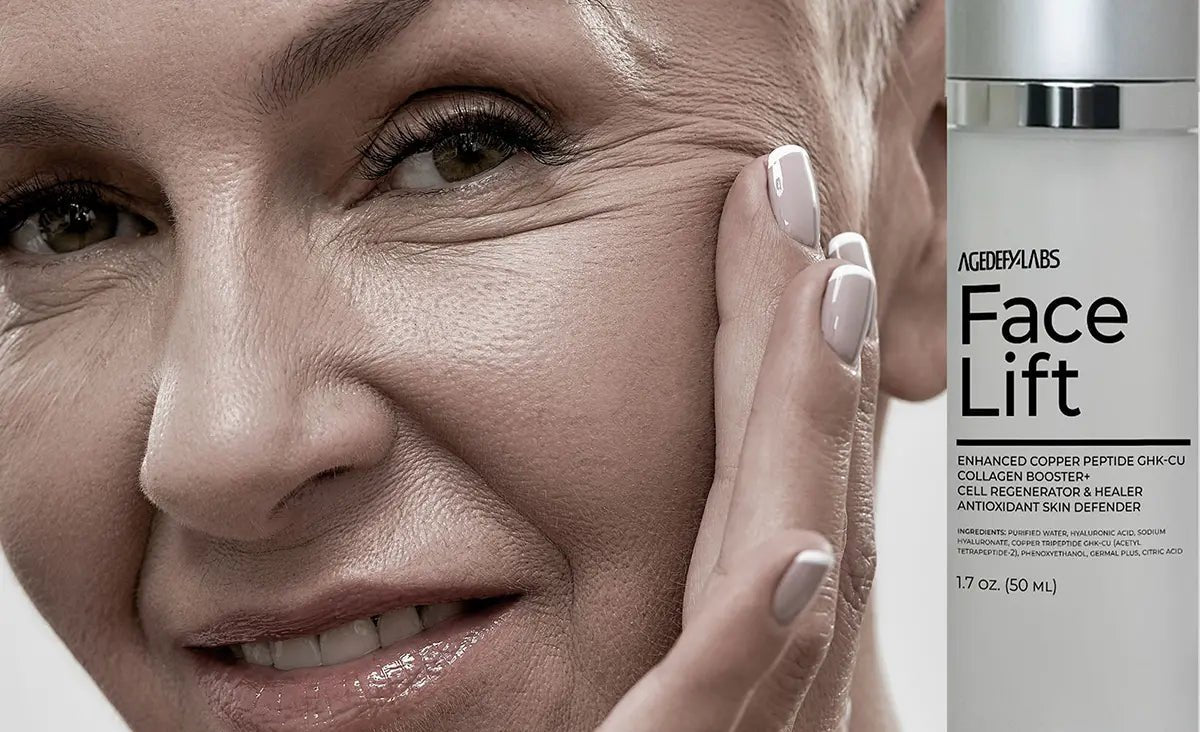The peptide GHK-Cu (Copper Tripeptide-1) has been making waves in the world of skincare and hair care due to its regenerative properties. Originally discovered in the 1970s by Dr. Loren Pickart, GHK-Cu was identified as a complex that plays a significant role in wound healing and skin repair. Over time, it has become celebrated as a powerful anti-aging and rejuvenating ingredient, helping to improve the skin’s elasticity, reduce wrinkles, and even promote hair growth. Here’s a closer look at how GHK-Cu works, how it can be applied both topically and via injection, and what the potential benefits and risks are for each method.
The Science Behind GHK-Cu and Its Benefits
GHK-Cu is a naturally occurring peptide that binds with copper enzymes, playing a role in various bodily functions, including collagen synthesis, antioxidant defense, and inflammation reduction. Its ability to help stimulate collagen and elastin production makes it a popular ingredient in anti-aging skincare. For hair care, it has been shown to promote hair growth by increasing the size of hair follicles and potentially extending the growth phase of the hair cycle.
Studies have demonstrated that GHK-Cu can repair tissue, improve skin elasticity, and reduce the appearance of wrinkles and fine lines. It also has antioxidant properties that help protect the skin from oxidative damage. Some research even indicates that GHK-Cu can increase wound healing and improve skin barrier function, making it a versatile ingredient in many skincare formulations.
Topical vs. Injectable GHK-Cu: How Do They Differ?
GHK-Cu can be applied topically, where it penetrates the skin and begins to work on the upper layers. In topical form, it is commonly found in serums and creams formulated for anti-aging and hair care. While topical application offers benefits over time, it mainly affects the surface layers of the skin and requires consistent use for visible results.
On the other hand, injectable GHK-Cu allows the peptide to reach deeper layers of the skin, potentially providing more immediate and targeted benefits. Injecting GHK-Cu directly into the skin delivers the peptide to the deeper dermal layers, where it can have a more significant impact on collagen production, elasticity, and skin firmness. This method is considered by some to be more effective, particularly for those looking for quicker and more pronounced results in terms of wrinkle reduction and skin tightening.
Is the FDA Involved?
As of now, GHK-Cu in both topical and injectable forms is not specifically approved by the FDA for anti-aging or cosmetic uses. While it is generally recognized as safe when used topically, injectable GHK-Cu is often administered in clinical or cosmetic settings without FDA oversight. This lack of regulation raises questions about the safety and consistency of products offered for injection, as they may vary widely in terms of formulation and dosage.
If you are considering injectable GHK-Cu, it’s important to consult with a licensed medical professional and ensure that the procedure is performed in a regulated setting. The FDA has not yet evaluated the long-term safety of injectable GHK-Cu for cosmetic purposes, so consumers should exercise caution and be fully aware of the potential risks involved.
Is Injecting GHK-Cu Worth the Added Risk?
Injecting GHK-Cu does offer a more intensive and potentially quicker way to achieve anti-aging benefits, particularly for those targeting deep wrinkles or sagging skin. However, with this method comes increased risk. As with any injectable treatment, there is a risk of infection, allergic reactions, and adverse side effects. Furthermore, because injectable GHK-Cu is not FDA-approved, there is limited research on its long-term effects and overall safety.
For most users, the benefits of topical GHK-Cu—which still provides effective anti-aging results with far fewer risks—may be sufficient. While topical application requires more time to show results, it is generally safer and easier to integrate into a daily skincare routine.
Final Thoughts
GHK-Cu is a remarkable peptide with a range of benefits for skin and hair health, offering both rejuvenating and restorative properties. While injectable GHK-Cu might appeal to those seeking faster results, it’s essential to weigh the potential risks against the benefits. Topical GHK-Cu remains a safe and accessible way to enjoy the advantages of this peptide without the complications associated with injections.
As with any cosmetic treatment, it’s crucial to consult with a healthcare provider to determine the best approach for your skin goals.
Read more

Peptides are popular in skincare for their anti-aging and skin-repair benefits, but when it comes to skin cancer spots, there’s some confusion about their effectiveness. Let’s explore whether pepti...

In the world of anti-aging skincare, peptides and retinoids are two of the most popular ingredients, each praised for their ability to reduce wrinkles, boost skin firmness, and improve overall skin...



Leave a comment
This site is protected by hCaptcha and the hCaptcha Privacy Policy and Terms of Service apply.